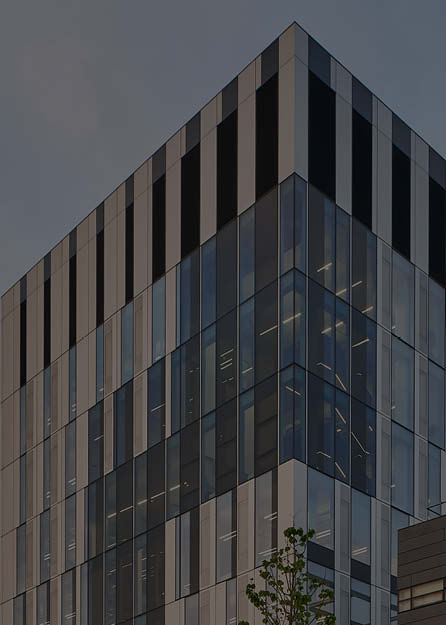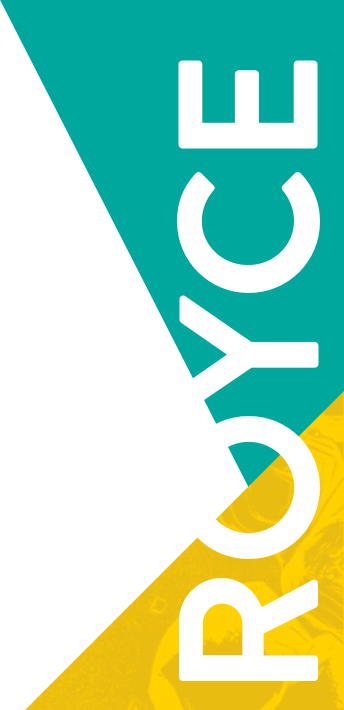Who can apply?
The scheme is open to applications from researchers, experimental scientists, and technical staff working in materials science and engineering at a UK higher education institution. Each application should include both a mentor (the applicant) and an academic host (PI or senior researcher).
Research projects
Royce shall fund projects led by post-doctoral and early-career researchers. Senior academics and principal investigators can apply, but priority will be given to ECRs. These projects should involve novel research, innovation, and experimentation.
Technical projects
Royce aims to fund up to five projects led by technical or experimental staff. These projects should explore the development of kit, facilities, and techniques, or focus on the delivery of experimental research services.
Outreach projects
Royce aims to fund up to two projects on the development of schools’ outreach, science communication or public engagement activities in materials science. Applications are open to academic, technical or professional services staff.
Who can be an Intern?
Student interns should gain experience in a materials science work setting and learn more about the opportunities available to them after completing their undergraduate degree. Interns should have the chance to manage their own work, participate in group meetings, conduct experiments, and develop collaborative working skills. They shall also be able to contribute towards the research activities of the host research group.
A research project is a great way to experience what a PhD might involve before starting the application process. Technical projects will provide insights into practical applications of the science; exploring how to image, fabricate, and characterise materials in support of research or manufacturing. Interns on an outreach project should have the chance to learn how to communicate and share materials science knowledge to a range of audiences.
Project mentors have the chance to guide and encourage the career development of an undergraduate student. This might involve including them in group meetings and activities, guiding them through experiments or techniques, and sharing aspects of day-to-day work in different group roles.
For post-doctoral and early-career researchers the projects can be a valuable opportunity to develop mentorship skills and gain experience in scientific leadership. Established group leaders also benefit from an opportunity to engage with a student and share their career experiences with them.
Academic hosts have a chance to engage with undergraduates, share career guidance and deepen the leadership skills of existing group members. Running successful internship projects can strengthen the visibility and reputation of a group, making it more attractive to future students, or even the intern themselves.
Who Benefits?
The support is for researchers to host an undergraduate student currently enrolled at the same UK HEI to work on a project related to materials science and engineering. Students must be between their penultimate and final year of study. Exceptions may be considered in the case of industrial placement or study abroad years. Students could also be moving between the third and fourth years of an integrated master’s course. Final year students or students already accepted onto a PhD programme are not considered suitable for this support.
How are projects run?
Royce places an expectation on the mentor, academic host, and departments to conduct recruitment and continued support for undergraduate interns during the project.
Hosts and mentors will need to advertise and recruit for student interns within their own institution. Either by directly offering places to students or through departmental or school internship schemes. Consideration should be given to ensure equality, diversity, inclusion, and openness in the recruitment process.
During the summer the mentor will work with the student to explain the extent of the project, establish them in their project area, and help them work alongside other group members.
At the end of the summer, all interns, mentors, and hosts are invited to join Royce at a virtual student conference. Interns will have an opportunity to present on their project work and experiences, either composing a poster or delivering a short talk.
How does the funding work?
Royce provides funding for an 8-week project set at £3300 (£3600 in London). This is the maximum available funding from Royce; longer projects and any further costs of the internship need to be met by the institution. Shorter projects will see a pro rata reduction in funding.
At the end of the summer projects, Royce will email hosts to confirm the satisfactory completion of the internship and arrange reimbursement. Royce cannot provide advanced funds.
Funding must be wholly used towards the internship and cannot be used for other items such as bench fees, equipment access, or consumable costs, etc.
Key Events
24th November – Applications open
20th January – Applications close
21st-31st January – Applications reviewed
3rd February – Response to all applications sent
06th November – Applications open
15th January– Applications close
16th-31st January – Applications reviewed
1st February– Response to all applications sent
March-May – Students selected for projects by successful mentors
19th June – Kick-off virtual workshop with Royce
Late June/Early September – Internship projects run. As part of the summer programme, Royce will host several workshops for students to ask questions beyond their research
4th September – Internship conference
18th September – Student feedback survey
October– Submit funding claim with Royce
March-May – Students selected for projects by successful mentors
18th June – Kick-off virtual workshop with Royce
Late June/Early September – Internship projects run. As part of the summer programme, Royce will host several workshops for students to ask questions beyond their research
2nd September – Internship conference
9th September – Student feedback survey
9th September onwards – Submit claim with Royce
Current Scheme
Applications to the 2024 Scheme have now closed.
For information about the Royce Undergraduate Internship Scheme 2025 please contact engagement@royce.ac.uk




